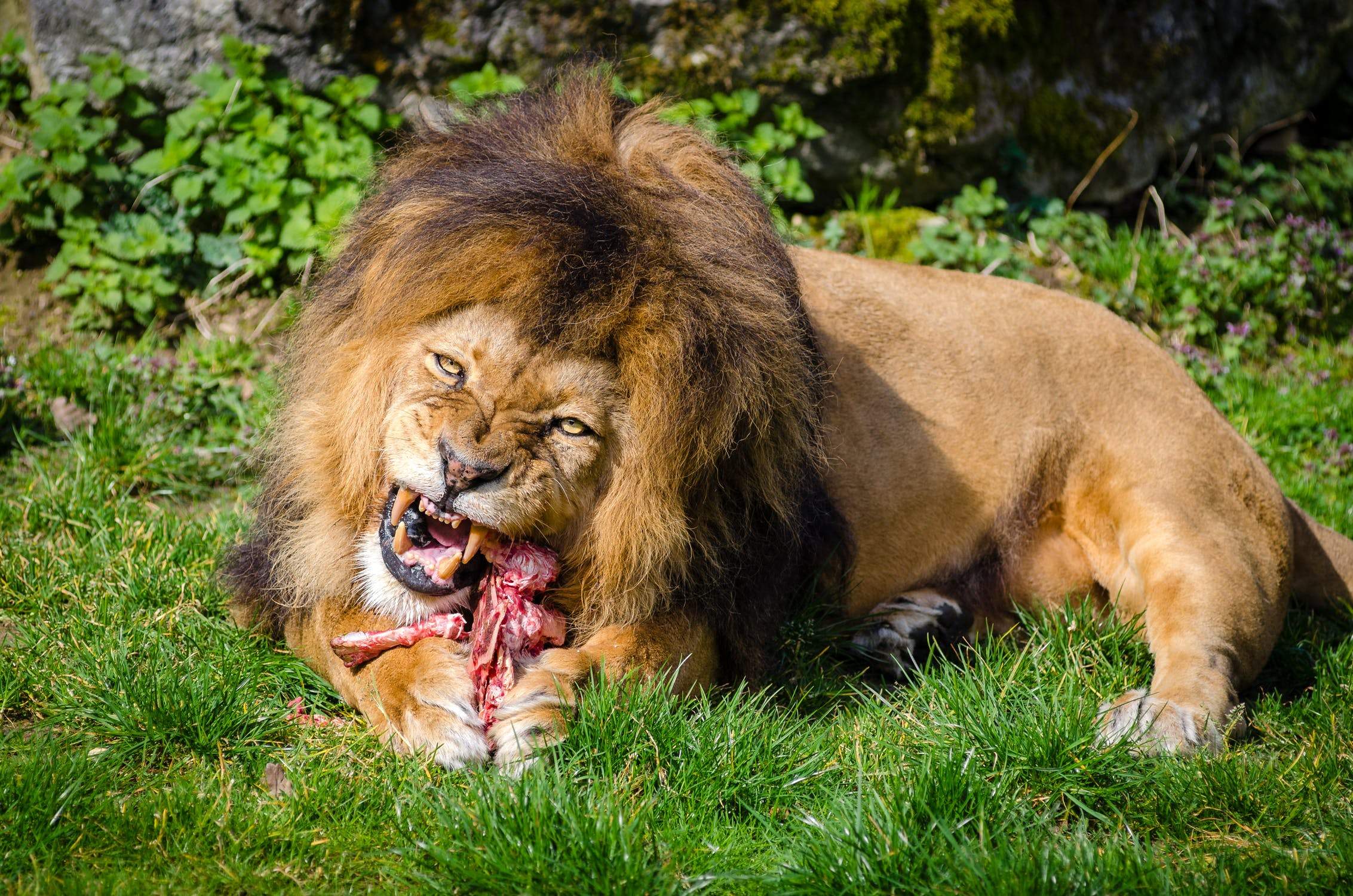The UN has called for the protection of big cats species such as lions, tigers and leopards, warning that they are fast going into extinction.
The UN spoke against the backdrop of the 2018 World Wildlife Day, celebrated every March 3, with the theme: “Big cats: predators under threat’’.
According to the UN, the big cats are under increasing threat, mostly caused by human activities.
UN Secretary-General António Guterres in his message said “this year, the spotlight falls on the world’s big cats. These charismatic creatures are universally revered for their grace and power, yet they are increasingly in danger of extinction”.
Guterres said just more than a century ago, some 100,000 wild tigers roamed Asia, while fewer than 4,000 remained today.
According to him, all the big cats are collectively under threat from habitat loss, climate change, poaching, illicit trafficking, and human-wildlife conflict.
“We are the cause of their decline, so we can also be their salvation. The Sustainable Development Goals (SDGs) include specific targets to end the poaching and illegal trafficking of protected species of wild fauna and flora.
“Ultimately, the solution to saving big cats and other threatened and endangered species is conservation policy based on sound science and the rule of law,” he noted.
Guterres pointed out that by protecting big cats we also protect the landscapes they inhabit and the life they harbour, adding “it is a gateway to protecting entire ecosystems that are crucial to our planet’s health.
“Wildlife conservation is a shared responsibility,” he said, calling on people around the world to “help raise awareness and to take personal action to help ensure the survival of the world’s big cats and all its precious and fragile biological diversity.”
In his message, Yury Fedotov, Executive Director, UN Office on Drugs and Crime (UNODC), said that while “the cheetah is the world’s fastest land animal, like other big cat species, it cannot outrun the threat of extinction.”
According to Fedetov, across the world, lions, tigers, leopards and jaguars, as well as many other big cat species, are under pressure due to poaching, lost habitats and disappearing prey.
“UNODC is working to help countries criminalise wildlife poaching and trafficking as a means of protecting animals, including big cat species, and halting their tragic disappearance into history.
“Our collective roar of defiance must be aimed at the poachers, traffickers and all those who would destroy our natural heritage. We must not let them succeed,” he urged.
The Deputy Secretary-General Amina Mohammed also lamented that “biodiversity is disappearing at a thousand times the natural rate’’, saying that the varied causes could be linked to the 17 SDGs of the 2030 Agenda.
“Protecting ecosystems and ensuring access to ecosystem services by poor and vulnerable groups are therefore essential to eradicating extreme poverty and hunger,” she said.
Mohammed said conservation, restoration and sustainable use of biological diversity was “an effective anti-poverty strategy,” and emphasised the need to better maintain the natural resources on which billions of people depend, especially the world’s rural poor.
“They say cats have nine lives. Our big cats are on at least number eight,” she said, observing, however, that in many cases, poverty, hunger and biodiversity loss are intrinsically connected. (NAN)

